In healthcare, implementing automation is not simply a matter of deploying software. It is a partnership that requires deep operational understanding, continuous optimization, and responsive support. The best automation platforms succeed not because they perform tasks quickly, but because the teams behind them understand how healthcare truly works: the nuances of payer behavior, the pressure on administrative staff, the expectations of clinical teams, and the unique challenges of multi-site organizations. Great automation support is the backbone that transforms technology from a tool into a dependable, long-term operational asset.
Successful automation support begins with a commitment to understanding the organization’s reality. Every healthcare practice—whether a single-specialty clinic or a large MSO—has its own workflows, staffing structure, and pain points. A strong automation partner begins by learning these details rather than imposing a generic model. They observe how referrals come in, how authorizations move through the team, how documents are handled, and how staff navigate the EHR. This collaborative groundwork ensures that automation aligns with the organization rather than forcing the organization to adapt to the technology.
The relationship becomes even more critical once automation goes live. Healthcare operations are dynamic: payer expectations shift, volumes fluctuate, and new team members join. Without strong support, automation can drift out of alignment, leaving staff confused or frustrated. The best automation partners monitor workflows continuously, adjusting configurations as new patterns emerge. They proactively surface bottlenecks, recommend refinements, and help leadership understand where new efficiencies can be unlocked. This ongoing optimization is what keeps automation relevant and reliable over time.
Great support also includes empowering staff, not overwhelming them. Introducing automation should reduce complexity, not add to it. A skilled support team focuses on helping staff understand how automation works, when it intervenes, and how to manage exceptions. They offer training that is practical, interactive, and tailored to the roles of schedulers, authorization specialists, billers, clinical support staff, and site managers. They remain available for questions, guidance, and troubleshooting—not just during onboarding, but as a lasting resource.
Equally important is the responsiveness of the support team. In healthcare, delays are costly. When automation touches mission-critical workflows like prior authorizations, eligibility, billing readiness, and document intake, downtime or confusion can disrupt the entire day. A great automation partner responds quickly, communicates clearly, and treats issues with the urgency they deserve. They understand that operational delays are not simply technical problems; they affect patient care, provider schedules, and financial performance.
Strong support also means transparency. Healthcare organizations operate in high-stakes environments, and leaders need visibility into how automation decisions are made, what data is being processed, and how tasks are completed. The best automation partners provide clear, understandable explanations of system behavior and give leadership real-time insights into workflow performance. This transparency allows organizations to maintain trust in the system and make informed decisions about operations and staffing.
In multi-site organizations, support takes on an even greater dimension. Each site may have unique demands or specialty-specific workflows. Great automation partners understand how to scale training, configuration, and oversight across locations while maintaining consistency in execution. They help unify operations across different EHRs, different payer mixes, and different team structures. Their support model adapts to the growth of the organization rather than remaining static.
Finally, exceptional automation support feels like a strategic partnership rather than a customer service relationship. The partner becomes an extension of the organization’s operations team—someone who shares the goals of improving efficiency, supporting staff, reducing burnout, strengthening financial performance, and enabling sustainable growth. Leadership feels confident knowing that the automation platform is backed by experts who understand healthcare deeply and are committed to long-term success.
Great automation is not defined solely by the tasks it completes, but by the strength of the support behind it. The right partner ensures that workflows remain accurate, staff remain confident, and leaders remain informed. They help organizations navigate change, stay aligned with payer expectations, and maximize the operational benefits of automation. In an industry where every decision carries weight, this kind of support becomes as critical as the technology itself.
When automation is supported by a knowledgeable, responsive, and committed partner, it becomes more than a tool—it becomes an operational cornerstone that guides the organization forward with confidence and clarity.

